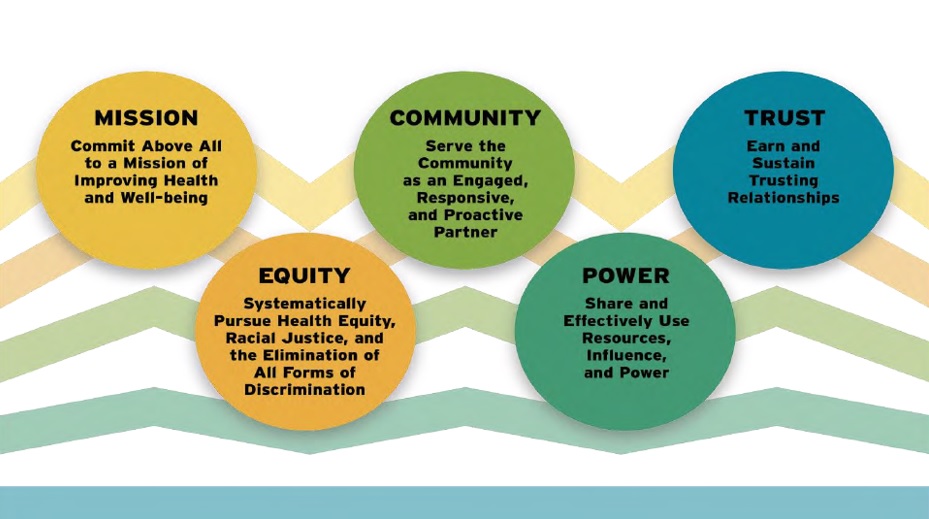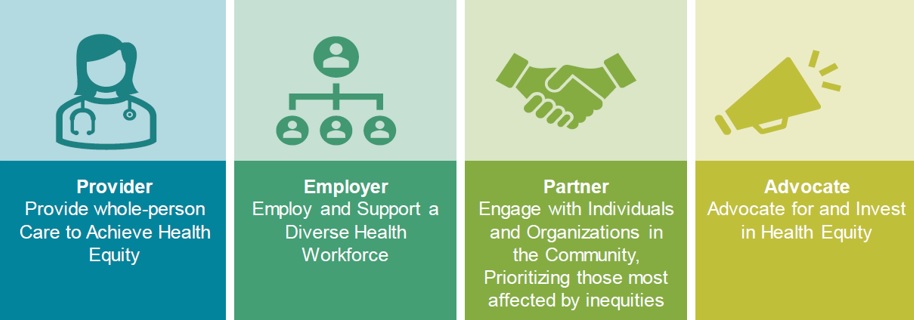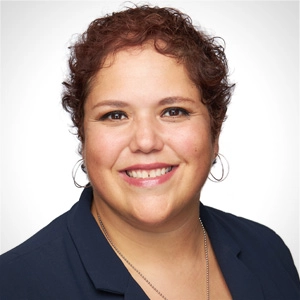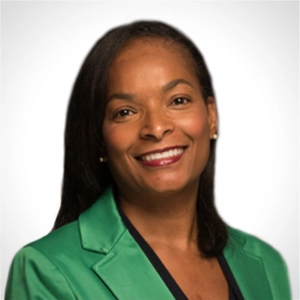This week, our In Focus section highlights an initiative, Raising the Bar: Healthcare’s Transforming Role (RTB), which is designed to strategically address inequities in the healthcare system. Leading this effort is the National Alliance to Impact the Social Determinants of Health (NASDOH), an alliance convened by Leavitt Partners, a Health Management Associates (HMA) Company, with support from the Robert Wood Johnson Foundation (RWJF).
Overview
There is significant and increasing demand across health and human services to address health inequities and eliminate disparities in service delivery and positive health outcomes. Organizations are asked to provide healthcare in holistic ways that recognize both individual and population-level needs.
Raising the Bar is a framework and a call to action for the healthcare sector to embrace all levers, resources, and opportunities available to advance equity and excellence. Raising the Bar seeks to accelerate the healthcare sector’s efforts to achieve equity and to improve the healthcare experience and well-being of individuals, families, and communities.
The Framework for Driving Action
The RTB project worked with healthcare leaders and people who have experienced inequities in the system to develop an actionable framework for the entire healthcare sector, which would embed equity and excellence throughout its work. The NASDOH convened extensive discussions with providers, hospitals, payers, and community leaders to develop foundational principles, essential roles, and concrete actions for the sector to achieve equity goals, big and small.
Raising the Bar Principles. The project generated five principles that put the priorities of individuals, families, and communities at the center of healthcare. They were informed by discussion with organizations and people who give, get, and pay for care.

Raising the Bar also identified four essential roles for individual contributors to the healthcare system and provide concrete actions they can take to transform how care is delivered.

Embedding Approaches to Address Health Inequities
Now in the next phase of this work, HMA consultants are working one-on-one with five organizations committed to embedding approaches to address health inequities by implementing the framework within their own systems of care. Participating organizations include a multi-site, multi-state Catholic health system, an academic medical center, an independent health system, one certified community behavioral health clinic, and one county public health department. The entities vary by geography, demographics, population size, and rural and urban location.
Each of the following sites is using the Raising the Bar framework and individualized coaching to meet their equity goals:
- Charles County Department of Health, White Plains, MD
Charles County is working to develop and strengthen trusting partnerships with local community organizations representing diverse populations to address health inequities in the county. - CHRISTUS Health, Texas, Arkansas, and Louisiana
CHRISTUS is developing an enterprise-wide six-year health equity road map that includes a strategy to build a community health worker sustainability. - Gaudenzia, Baltimore, MD
Gaudenzia is working to develop and implement a road map for establishing a Consumer Advisory Committee (a Substance Abuse and Mental Health Services Administration requirement for certified community behavioral health centers) that other Gaudenzia sites can use and spread nationwide. - Jefferson Health, Philadelphia, PA
Jefferson is conducting an enterprise-wide assessment and creating a governance structure for its health equity initiatives across multiple healthcare and medical education sites throughout their catchment area, which crosses state lines. - Sturdy Health, Attleboro, MA
Sturdy is creating an enterprise-wide health equity dashboard with measures that align with organizational goals and strategies and developing staff training to improve service delivery for populations who experience inequities in care.
The five entities are receiving individualized coaching from HMA health equity experts over a one-year period using the Raising the Bar framework and each organization’s self-identified goals and objectives. At the project’s completion, findings from the project will be published in the Raising the Bar implementation guidance, developed in partnership with the Health Care Transformation Taskforce.
Continue the Conversation
Raising the Bar will be featured in discussions during the HMA Fall conference in Chicago, October 7-9. In the opening plenary session on social determinants of health, Leticia Reyes-Nash and Sara Singleton will describe some of the work, and during a breakout session, speakers from some the organizations participating in this project will share their experiences.
For more information about Raising the Bar or the types of technical assistance that HMA can provide to organizations seeking to further develop equity in their practices and communities, contact our featured experts below.
Learn more at rtbhealthcare.org.
For details about HMA’s work in health equity, visit:
- Health Equity and Equity-Centered Strategic Approaches
- Rural Health and Challenges with Health Equity
Continue the Conversation
Raising the Bar will be featured in discussions at Unlocking Solutions in Medicaid, Medicare, and Marketplace, a conference powered by HMA taking place in Chicago, October 7-9.





